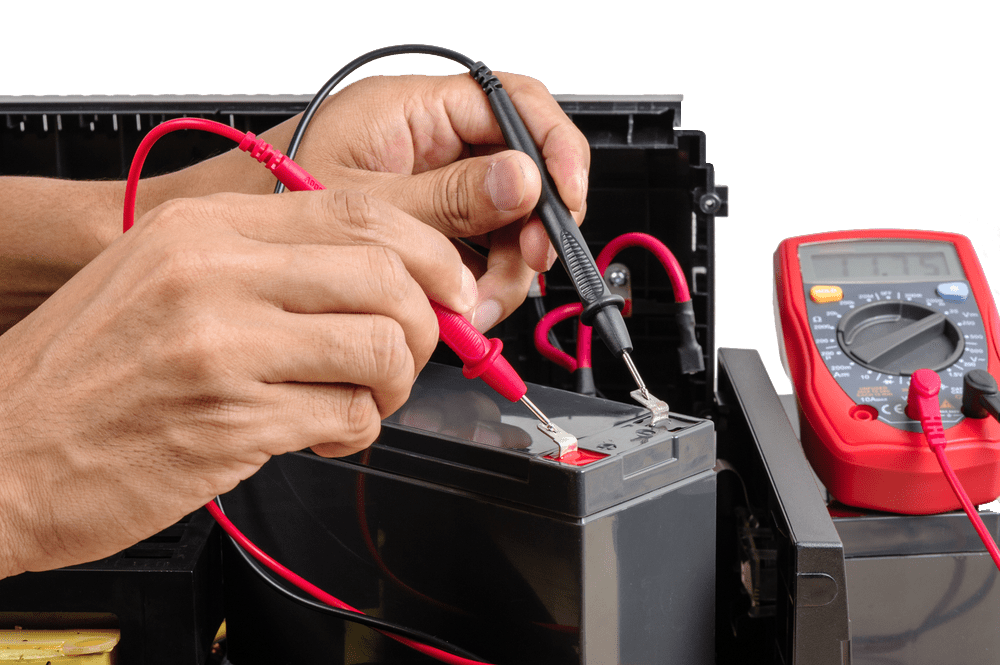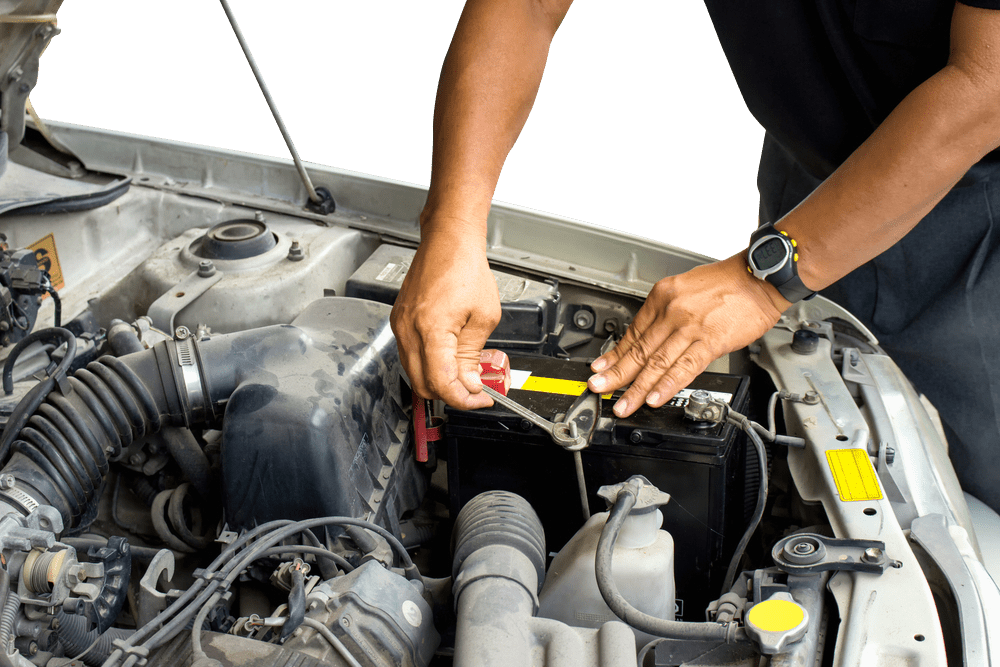- 20 Jun 2023
What battery used in tractor?
As a farmer, I understand the importance of a reliable tractor to carry out daily tasks, from ploughing fields to transporting goods. However, a tractor’s battery is often overlooked until it fails to start the engine. It is crucial to choose the right battery for your tractor and maintain it properly to avoid unexpected downtime. In this article, we will provide insights into battery specifications, factors to consider when selecting a tractor battery, tips for maintenance, and reliable suppliers of tractor batteries.
Tractor Battery
A tractor battery is a rechargeable device that provides electrical energy to start the engine and power onboard equipment. The battery stores chemical energy and converts it into electrical energy through a chemical reaction between lead plates and electrolyte solution. Tractor batteries are available in various sizes, voltage, and technologies, such as wet-cell, dry-cell, sealed, and lithium-ion. Each technology has its advantages and limitations, depending on the tractor’s power requirements, operating conditions, and budget.

Understanding Battery Specifications
To choose the right battery for your tractor, you need to understand its specifications. The most critical battery specifications are:
- Voltage: The voltage rating indicates the electrical potential difference between the positive and negative terminals of the battery. Tractor batteries typically have a voltage rating of 12V or 24V, depending on the tractor’s engine size and power demand.
- Capacity: The capacity rating indicates the amount of charge that the battery can store and deliver over time. Tractor batteries typically have a capacity rating of 50Ah to 200Ah, depending on the tractor’s usage and accessories.
- Cold Cranking Amps (CCA): The CCA rating indicates the battery’s ability to start the engine in cold weather conditions. Tractor batteries typically have a CCA rating of 300 to 1000, depending on the tractor’s climate and altitude.
- Reserve Capacity (RC): The RC rating indicates the battery’s ability to provide power to onboard equipment in case of alternator failure. Tractor batteries typically have an RC rating of 90 to 180 minutes, depending on the tractor’s usage and equipment.
Factors to Consider When Choosing a Tractor Battery
Choosing the right battery for your tractor depends on several factors, such as:
- Tractor usage: If you use your tractor for heavy-duty tasks, such as ploughing, tilling, or hauling, you need a battery with high capacity and CCA to handle the load and start the engine in cold weather. If you use your tractor for light-duty tasks, such as mowing, spraying, or seeding, you can opt for a battery with lower capacity and CCA to save costs.
- Climate conditions: If you operate your tractor in extreme temperatures, such as hot summers or cold winters, you need a battery with high CCA and RC to withstand the weather and start the engine reliably. If you operate your tractor in mild temperatures, you can opt for a battery with lower CCA and RC to save costs.
- Tractor model: Different tractor models have different battery specifications, such as size, voltage, and technology. You should consult your tractor’s manual or a reliable supplier to choose the right battery that matches your tractor’s requirements.
- Budget: Tractor batteries come at different price points, depending on the technology, brand, and warranty. You should choose a battery that fits your budget and provides the best value for money in terms of performance, durability, and customer support.
Tips for Maintaining Your Tractor Battery
Maintaining your tractor battery is essential to prolong its lifespan and avoid unexpected downtime. Here are some tips for maintaining your tractor battery:
- Check the battery regularly: You should check the battery’s voltage, electrolyte level, and terminal connections regularly, preferably once a month, to ensure optimal performance and prevent corrosion or leaks.
- Clean the battery terminals: You should clean the battery terminals with a wire brush or terminal cleaner to remove any corrosion or rust buildup, which can hinder the electrical conductivity and affect the battery’s lifespan.
- Charge the battery properly: You should charge the battery with a compatible charger that matches the battery’s technology and voltage rating. Overcharging or undercharging the battery can damage the cells and reduce the battery’s capacity and lifespan.
- Store the battery properly: You should store the battery in a cool, dry, and well-ventilated place, away from direct sunlight or heat sources, to prevent the electrolyte from evaporating or freezing and reduce the risk of fire or explosion.
- Replace the battery on time: You should replace the battery when it shows signs of wear and tear, such as reduced capacity, low voltage, or slow cranking. A worn-out battery can damage the alternator and other electrical components and cause expensive repairs.
South West Batteries: A Trusted Supplier for Tractor Batteries
Choosing a reliable supplier for your tractor battery is as crucial as choosing the right battery itself. South West Batteries is a trusted supplier of high-quality tractor batteries in sydney , with years of experience in the industry. They offer a wide range of batteries for various tractor models, technologies, and budgets, from leading brands such as Varta, Exide, and Yuasa. Their batteries come with a minimum of 2 years warranty, and they provide free delivery and fitting services in the South West region. They also offer battery recycling and disposal services to ensure environmental sustainability.
Battery Installation Services from South West Batteries
South West Batteries also provides professional battery installation services to ensure the battery fits your tractor’s specifications and operates optimally. Their technicians are trained and certified to install batteries safely and efficiently, following industry standards and best practices. They use state-of-the-art tools and equipment to diagnose and troubleshoot battery issues and provide solutions that meet your needs and budget. They also offer onsite battery testing and charging services to ensure your battery performs at its best.
Conclusion and Final Thoughts
Choosing the right battery for your tractor and maintaining it properly is crucial for your farming operations’ success and profitability. You should consider factors such as tractor usage, climate conditions, tractor model, and budget when selecting a tractor battery. You should also follow the tips for maintaining your tractor battery, such as checking the battery regularly, cleaning the terminals, charging the battery properly, storing the battery correctly, and replacing the battery on time. Finally, you should choose a trusted supplier, such as South West Batteries, for your tractor battery needs, and take advantage of their battery installation and maintenance services for optimal performance and peace of mind.











